Ever Wonder How to Become
WaterSense Certified?
Becoming a certified WaterSense professional demonstrates to your customers that you have the knowledge and experience to help them save both water and money.
And certification entitles you to exclusive EPA benefits. Such as:
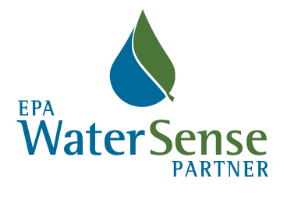 Inclusion in the WaterSense online Directory of Certified Professionals.
Inclusion in the WaterSense online Directory of Certified Professionals.- Work opportunities for new home projects, federal facilities, and LEED® projects.
- Use of the WaterSense promotional label on business cards and marketing items.
- Increased exposure to customers through national recognition from EPA as an environmental steward.
- Access to helpful tools and materials created by EPA.
Certification Programs
WaterSense offers the following certification programs for landscape irrigation professionals:
Irrigation System Design Program
The design program teaches you how to tailor irrigation systems to match the surrounding landscape and local climate conditions. This course is offered by the national Irrigation Association.
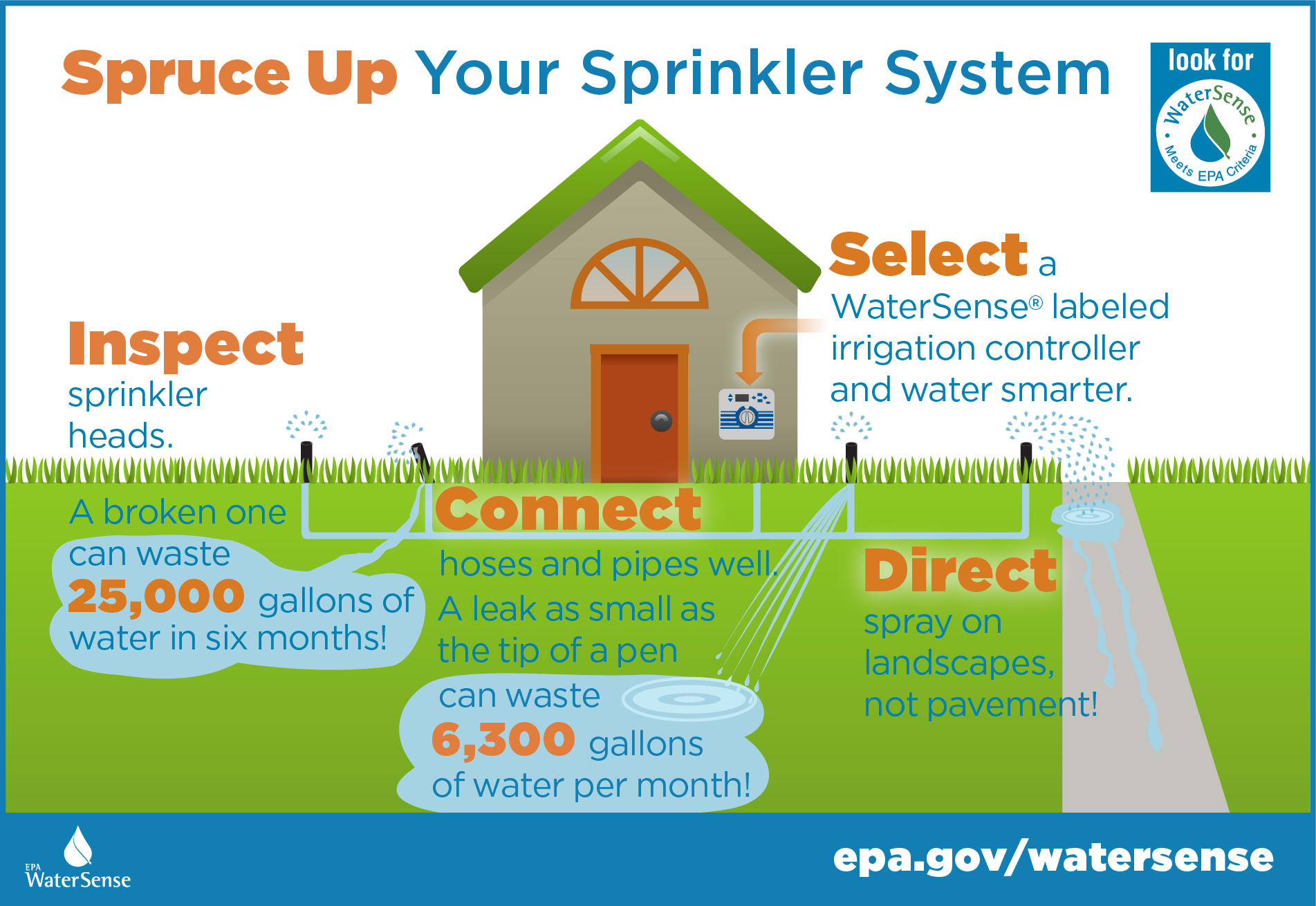
To become a Certified Irrigation Designer (CID), you must:
- Register for the exam. Recommended: three years of irrigation-related experience or education in an irrigation-related field.
- Pass the general landscape/turf exam. The four-hour general landscape/turf exam includes 150 equally weighted, multiple-choice questions on irrigation equipment, hydraulics, system components, scheduling, precipitation and application rates, spacing, soil-water-plant relationships, efficiency/uniformity, economics and pumps.
- Pass a landscape/turf specialty irrigation exam. Candidates have four hours to complete a specialty exam in commercial, golf course or residential landscape irrigation. See the Certification Candidate Handbook for details on specialty exam content. Candidates may not take both the general landscape/turf exam and one of the landscape/turf specialty exams on the same day.
- Comply with the Select Certified Code of Ethics.
- Remain in good standing. CIDs must submit 20 continuing education units per two-year cycle.
Irrigation System Installation and Maintenance Program
The installation and maintenance program teaches you how to select the appropriate equipment, lay out the site, and ensure proper scheduling for optimal irrigation system performance.

To become a Certified Irrigation Contractor (CIC), you must:
- Register for the exam. Recommended: three years of irrigation-related field experience.
- Pass the irrigation contractor exam. The 3½-hour exam includes 150 equally weighted, multiple-choice questions on irrigation design, irrigation installation, irrigation scheduling, water management and conservation, maintenance and repair, federal laws and codes, and general business management. Candidates have 3½ hours to complete the exam.
- Comply with the Select Certified Code of Ethics.
- Remain in good standing. CICs must submit 20 continuing education units per two-year cycle.
Irrigation System Audits Program
The irrigation auditing program teaches you how to identify systems that are distributing water unequally or inefficiently and determine how to improve performance.
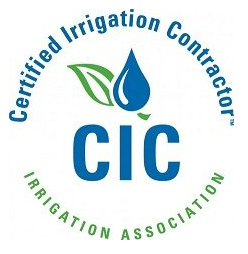
Are You Already Certified by the IA?
If you already have an Irrigation Association certification, and wish to become WaterSense certified, you’re in luck!
All you have to do is apply for the WaterSense certification and agree to uphold the terms of the WaterSense Partnership Agreement. No fees are required to become a WaterSense certified partner if you already hold an Irrigation Association certification.
To become a Certified Landscape Irrigation Auditor (CLIA), you must:
-
- Register for the exam. Recommended: one year of irrigation-related work experience.
- Pass the irrigation auditor exam. The three-hour exam includes 125 equally weighted, multiple-choice questions on irrigation audit procedures, soil-plant relationships, irrigation scheduling and equipment/technology.
- Submit a landscape irrigation audit. Audits must be completed independently and verified by an IA-certified professional in good standing within one year of acceptance into the certification program. (See audit guidelines and worksheets.)
- Comply with the Select Certified Code of Ethics.
- Remain in good standing. CLIAs must submit 20 continuing education units per two-year cycle.
Watershed Wise Landscape
Professional Program
In addition, WaterSense has certified the Watershed Wise Landscape Professional (WWLP) program, offered through Green Gardens Group (G3):
The WWLP training presents a holistic watershed approach to outdoor water use efficiency, emphasizing plant, soil, water relationships, and rainwater as a resource. Certified professionals assess the proper functioning of irrigation systems, perform irrigation water audits, recommend watering schedules, and conduct whole-site evaluations. This certification also requires a solid understanding of the principles of watershed management in the landscape. The program is available throughout the United States.
To receive this certification, you must: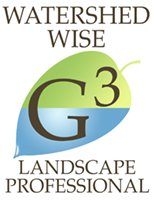
- Complete the two-day (16 hour) WWLP coursework offered in your area by a G3 Qualified WWLP Trainer.
- Successfully pass the WWLP certification exam.
- Submit a landscape site evaluation form.
- Maintain annual CEU requirements.
For more information, contact Green Gardens Group.
Cheaper in the Long Run
If You Join the IA
All exam fees for programs offered by the national Irrigation Association are $250 for national IA members and $495 for non-members. If you’re not currently an IA member, you can save money by joining now. Here’s how:
- Because the Ohio IA is an affiliate member of the national association, all Ohio IA contractors are eligible for a $100 discount off of the $520 regular IA membership rate.
- The IA membership year is Jan. 1-Dec. 31. If you join midyear, you must remit full-year dues ($420) with your IA membership application; however, your dues will be prorated in the second year of membership.
Sources:
EPA
Irrigation Association
Green Gardens Group
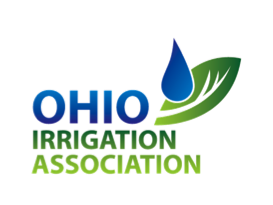


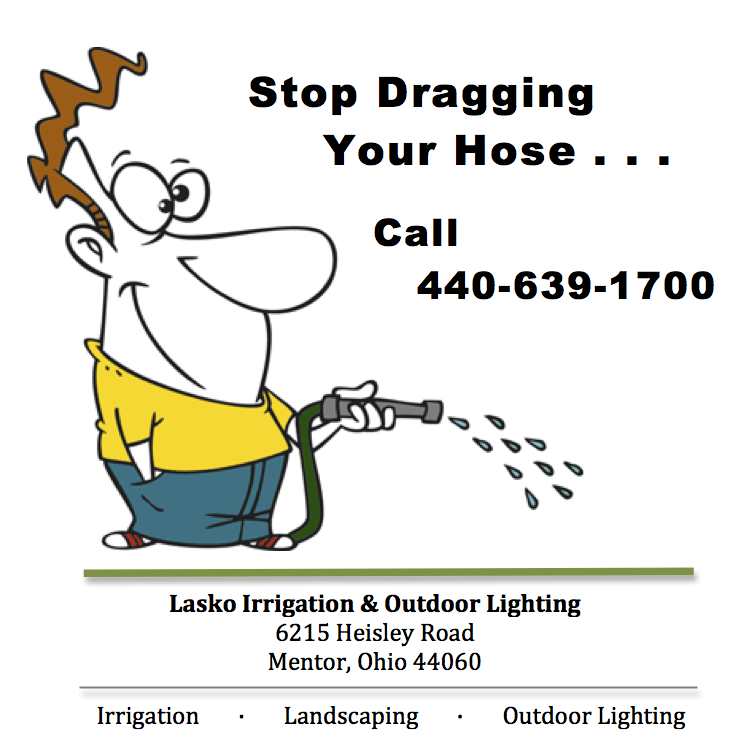


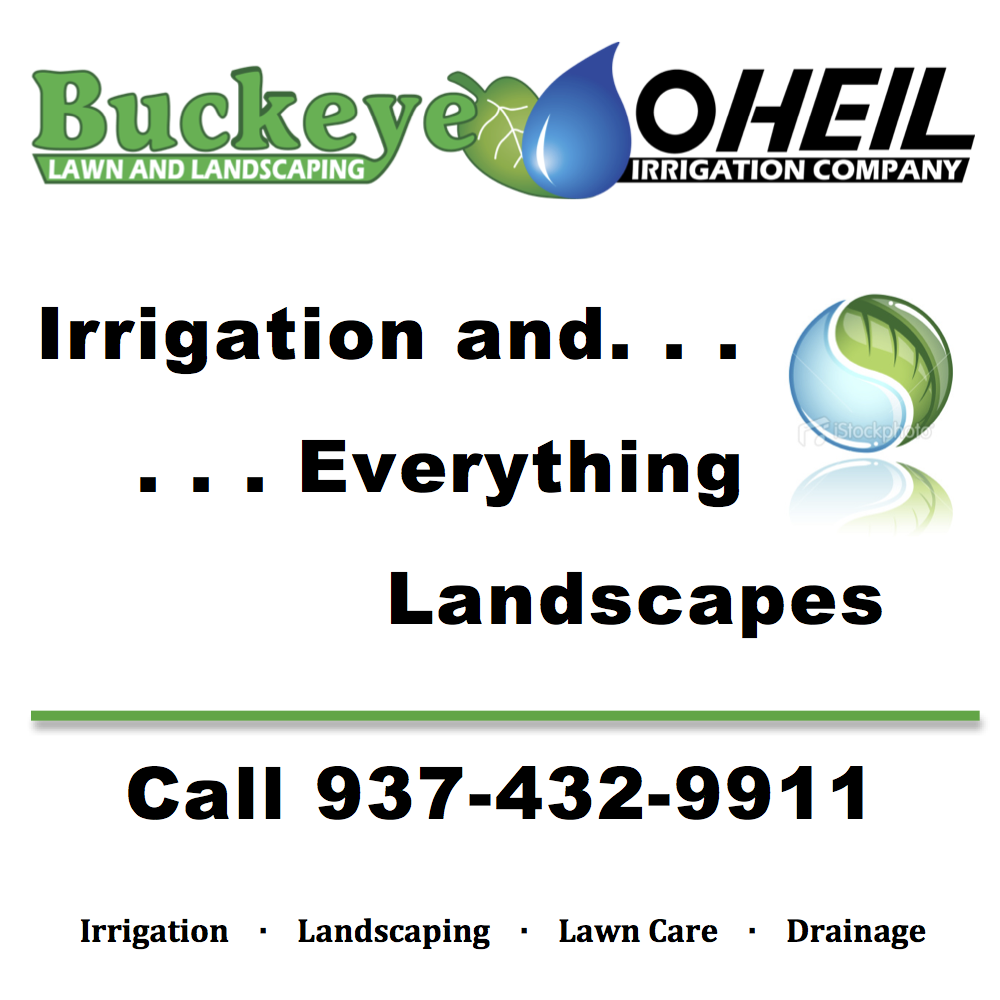
Trackbacks/Pingbacks